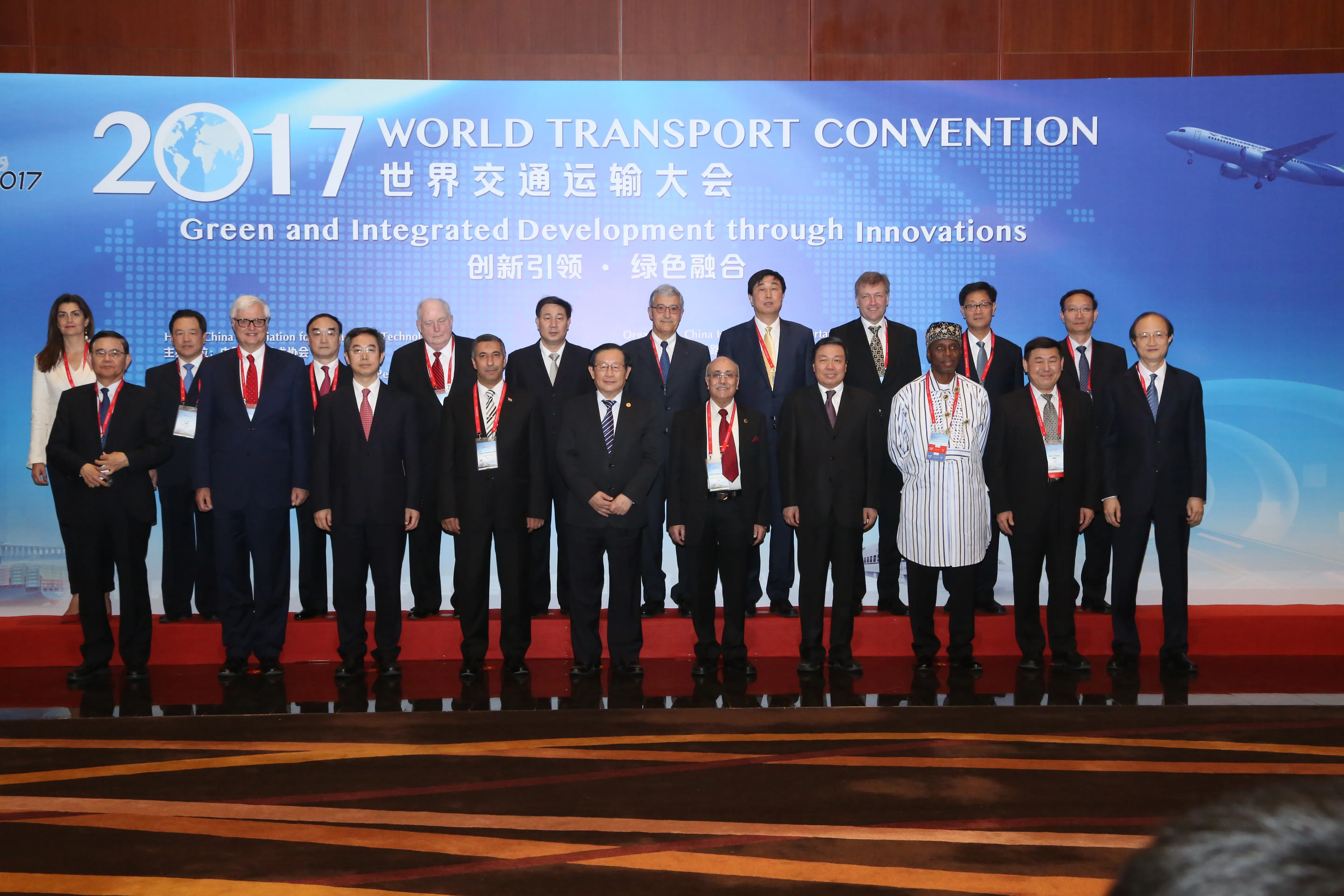
A construction start has been delayed on the 18km tunnel that will run between Germany and Denmark because of environmental and consultation issues in Germany. But Claus Baunkjaer, chief executive of Femern, said he is confident that Germany will give approval next year with another two years of preparations.
Baunkjaer noted that Denmark is all set to proceed with its part of the work. The finances have been secured and the construction firm has been chosen.
The Fehmarn Belt is a strait between the German island of Fehmarn and the Danish island of Lolland. Currently, a ferry connects the two islands. Final planning approval is expected in 2018 with project completion by 2028. But the approval process has been bogged down over environmental issues being considered by the German state of Schleswig-Holstein in which the southern end of 18km immersed tunnel will surface.
On top of the €7 billion construction cost for the tunnel, financing for another €1 billion is in place should it be needed for unexpected problems and delays. Denmark is completely responsible for financing the project that will replace a ferry service.
Earlier this year, a report commissioned by German ferry operator Scandilines suggested that the Fehmarn tunnel will never be economically viable. Revenue and traffic forecasts are unrealistically high, noted the report completed by German consultancy DIW Econ. It is unlikely that the latest cost to build the massive road tunnel, around €7.4 billion, would ever be recovered.
DIW Econ’s 13-page report is based around mathematical calculations of a price war between the ferry and tunnel operators. Tunnel operator Fixed Link has said it will charge around €65 per car and €267 for a truck. The report suggests that the ferry operator will undercut the tunnel operator by half, and take 37% of the car market and retain at least 80% of the truck market.
“This will secure the ferry a decent profit, so that the ferry will stay in the market,” notes the authors. “The report finds that in the baseline scenario the tunnel incurs a loss of at least €3 billion over the 50 years [concession] due to the large market shares captured by the ferry.”
The report says that Fixed Link will make a profit only if the ferry services ceases operations. However, there are variables, acknowledge the authors, and the calculations and results could change with time.
Femern dismissed the claims. The project's financial situation is secure according to financial analysis of the project by international auditors on behalf of the Danish Ministry of Transport. Femern also said that the project will be paid off over 36 years, as noted in the original plans.







